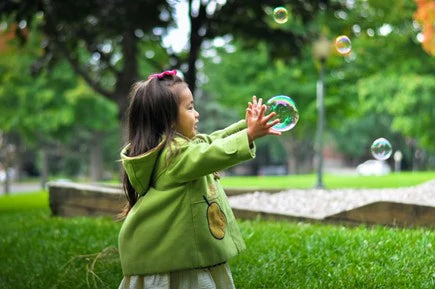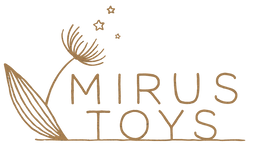Playful Learning in a Montessori Environment


What is playful learning?
Playful learning is a learning approach that uses games, crafts, and other activities to help children gain knowledge and skills in more natural ways. It employs a child centered, constructivist, and hands-on approach to learning. Playful learning incorporates principles of free play and guided play, both of which respect the child’s interests and pacing. Free play involves independent play including object play, pretend play, and rough-and-tumble play. A supervising adult tends to be more involved in guided play, observing and asking the child questions about their play with particular toys in order to promote the gaining of specific knowledge. Playful learning may sometimes involve fantasy.
Dr. Montessori’s beliefs about play
Dr. Maria Montessori held strong beliefs about the importance of play for children and its facilitation of learning. In fact, she referred to their play as work.
She reasoned that children had an innate desire to learn and explore and recognized play as an optimal way to provide children with the opportunity to do so. Building upon these ideas, Dr. Montessori carefully developed self-correcting materials to allow children to meet the needs of their development through play.

Similarities between playful learning and Montessori
Despite Dr. Montessori’s negative view of fantasy play for young children, there are some striking similarities between playful learning and Montessori education. Both approaches offer structure in some ways and not in others. Children may freely choose their activities with gentle guidance from the adult towards established goals. Both employ objects which children manipulate and play with that are intrinsically rewarding; extrinsic rewards are not utilized. Lessons in a Montessori and guided playful learning classroom are interactive as children are invited to answer questions and take turns working with the materials. Both approaches also promote peer interactions.
Ways to incorporate playful learning in a Montessori environment
- Emphasize freedoms - Ensure the environment supports the children’s freedom to move and choose meaningful work.
- Introduce engaging lessons - Provide the children with lessons that suit their interests and encourage them to participate during the lesson, inviting them to take a turn exploring the work after you have modeled its use.
- Have authentic Montessori materials available to the child - Dr. Montessori carefully designed materials to meet the interests and needs of children of specific ages and developmental stages. It is important that these materials are available to the children for manipulation and exploration.
- Schedule plenty of time for recess - When developing a daily routine, it is imperative to provide sufficient time for children to play outside. Not only does recess allow for a connection with nature, it encourages outdoor play which supports social-emotional development and well-being.
- Environment and materials designed for children - The use of child-sized chairs, tables, and shelves as well as tools for work allow children to actively play and explore in an environment in which they feel comfortable and at ease.
- Practical life activities - Practical life activities including food preparation welcome the children’s participation and encourage them to have fun while working with their hands.
- Science demonstrations and experiments - Science demonstrations and hands-on experiments ignite children’s sense of wonder and excite them to explore their interests further.
About the Author
Heather White, EdS, is a Montessori parent coach, a Montessori in-home teacher and nanny, a Montessori educational consultant for the Andrew’s Educational Institute, a Montessori educator for adult learners, and a manager & content creator for Guide & Grow. Formerly, she was a Montessori teacher, Lower Elementary coordinator, and associate head of school. She also has experience as a School Psychologist intern. She is AMS credentialed (Early Childhood, Elementary I) and is a Nationally Certified School Psychologist. Contact her at hpratt@stetson.edu.
